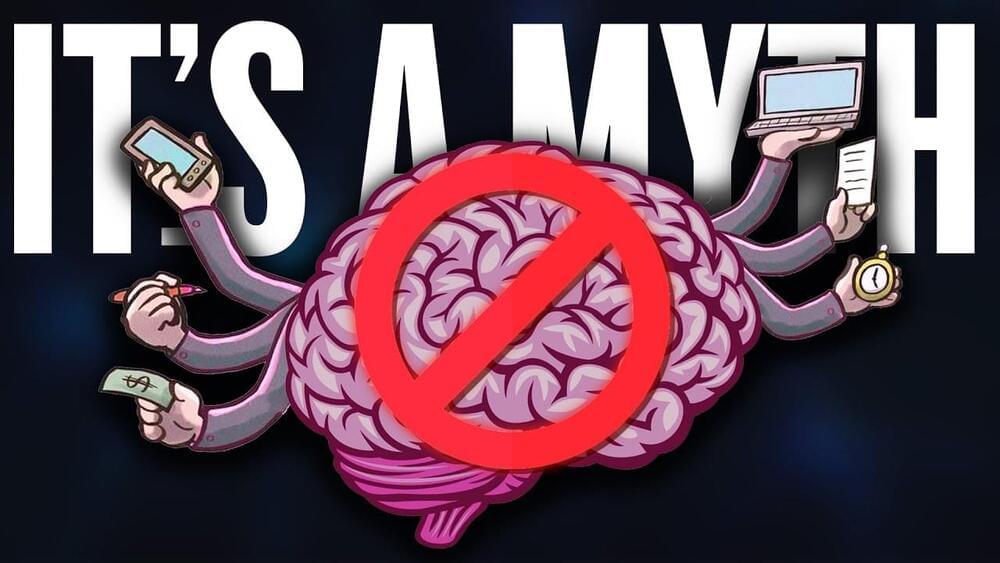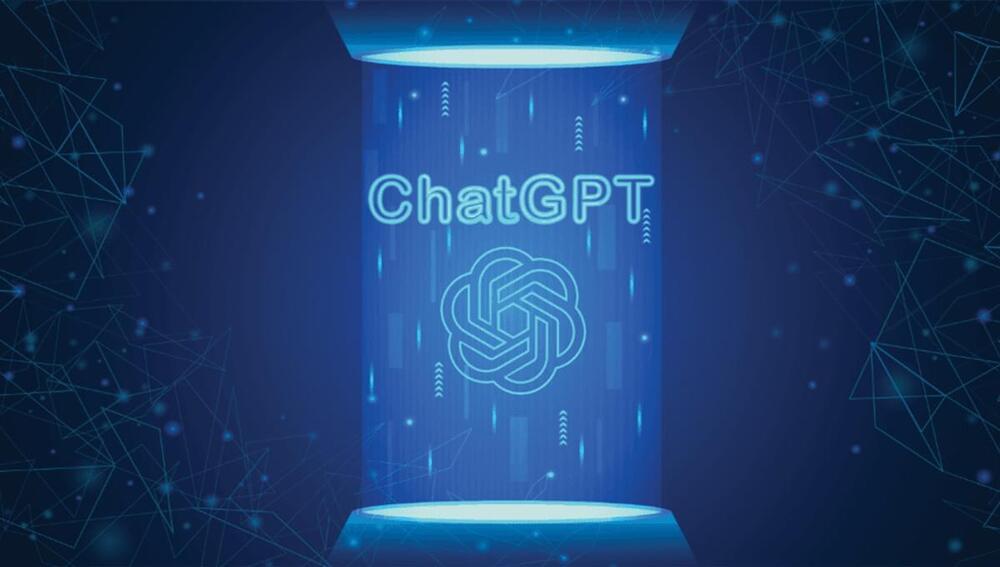Mar 15, 2023
‘Unstable’ moons may be obliterating alien life across the universe
Posted by Dan Breeden in category: alien life
Simulations show that collisions between moons and planets may be a regular danger for possible extraterrestrial life.
Simulations show that collisions between moons and planets may be a regular danger for possible extraterrestrial life.
Was divided equally between Victor Franz Hess ‘for his discovery of cosmic radiation’ and Carl David Anderson ‘for his discovery of the positron’.
Most experts think we have to tweak general relativity to fit with quantum theory. Physicist Jonathan Oppenheim isn’t so sure, which is why he’s made a 5000:1 bet that gravity isn’t a quantum force.

This video explores what attention really is, what role it plays in learning and why people can’t multitask — the issue of attention residue.
OUTLINE:
0:00 — Sneak peek.
0:20 — Introduction.
0:57 — Why we need attention.
1:46 — Thalamus as attentional filter.
3:06 — Higher attentional systems.
3:40 — Role of attention in learning.
4:42 — Attention residue.
6:00 — Conclusions and references.
Continue reading “Your brain CAN’T Multitask — Here’s why” »

OpenAI has released a new version of ChatGPT, claiming that the new language learning model is capable of passing – and even excelling in – a variety of academic exams.
ChatGPT-4, which will be available on Bing as well as the OpenAI website, is more reliable and more creative than its predecessor, according to OpenAI. The team tested the model on a number of exams designed for humans, from the bar exam to biology, using publicly available papers. While no additional training was given to the model ahead of the tests, it was able to perform well on most subjects, performing in the estimated 90th percentile for the bar exam and the 86th-100th in art history.
Continue reading “OpenAI Releases ChatGPT-4 And Performs Impressive Demonstration” »

https://youtube.com/watch?v=ryJxMYX7YEU
The novel substance is detailed in a research paper, Evidence of near-ambient superconductivity in a N-doped lutetium hydride, which is published in the scientific journal Nature.
Top universities are finally bringing the excitement of the quantum future into the classroom.
Imagine a universe with extremely strong gravity. Stars would be able to form from very little material. They would be smaller than in our universe and live for a much shorter amount of time. But could life evolve there? It took human life billions of years to evolve on Earth under the pleasantly warm rays from the Sun after all.
Now imagine a universe with extremely weak gravity. Its matter would struggle to clump together to form stars, planets and—ultimately—living beings. It seems we are pretty lucky to have gravity that is just right for life in our universe.
This isn’t just the case for gravity. The values of many forces and particles in the universe, represented by some 30 so-called fundamental constants, all seem to line up perfectly to enable the evolution of intelligent life. But there’s no theory explaining what values the constants should have—we just have to measure them and plug their numbers into our equations to accurately describe the cosmos.
For decades, various physicists have theorized that even the slightest changes in the fundamental laws of nature would make it impossible for life to exist. This idea, also known as the “fine-tuned universe” argument, suggests that the occurrence of life in the universe is very sensitive to the values of certain fundamental physics. Alter any of these values (as the logic goes), and life would not exist, meaning we must be very fortunate to be here.
But can this really be the case, or is it possible that life can emerge under different physical constants, and we just don’t know it? This question was recently tackled by Luke A. Barnes, a postdoctoral researcher at the Sidney Institute for Astronomy (SIA) in Australia. In his book, “A Fortunate Universe: Life in a Finely Tuned Cosmos,” he and Sydney astrophysics professor Geraint F. Lewis argued that a fine-tuned universe makes sense from a physics standpoint.
The authors also summarized these arguments in an invited contribution paper, which appeared in the Routledge Companion to Philosophy of Physics (1st ed.) In this paper, titled “The Fine-Tuning of the Universe for Life,” Barnes explains how “fine-tuning” consists of explaining observations by employing a “suspiciously precise assumption.” This, he argues, has been symptomatic of incomplete theories throughout history and is a common feature of modern cosmology and particle physics.
